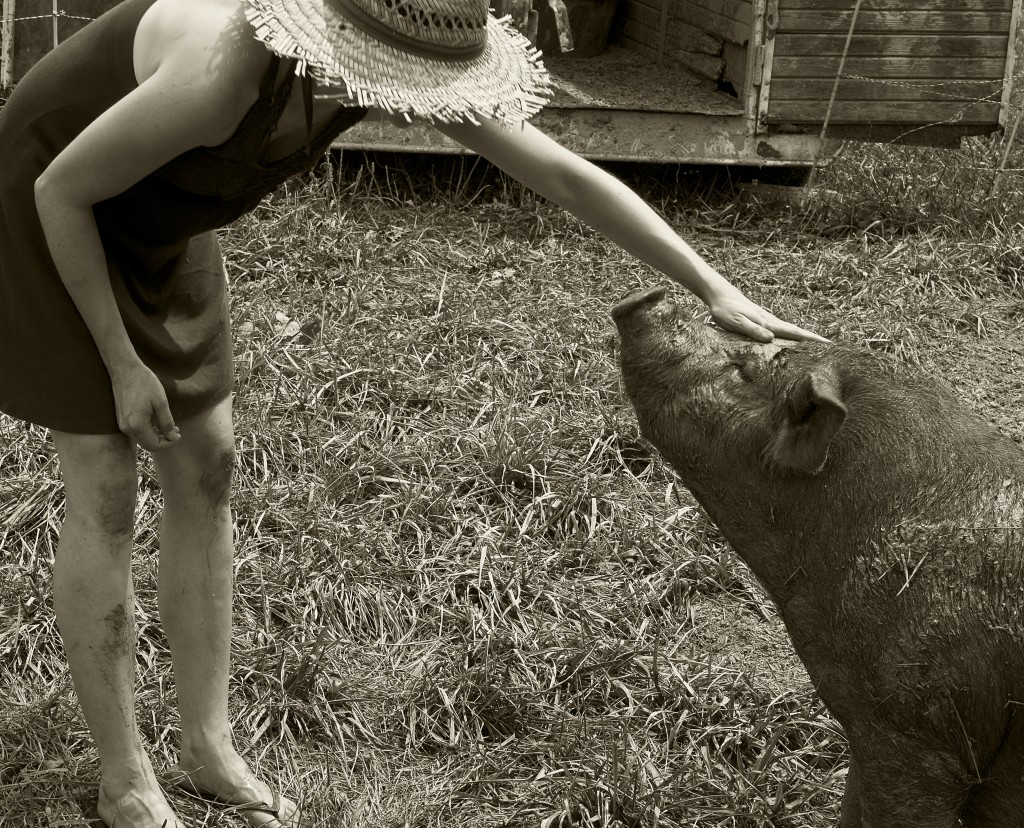via TwitLonger
I’d like to preface this long tweet by saying that my passion comes from my deepest sympathy and shared sorrow with yesterday’s victims and with the utmost respect for the people and the police/fire/medical/political forces of Aurora and all who seek to comfort and aid these victims.
This morning, I made a comment about how I do not understand people who support public ownership of assault style weapons like the AR-15 used in the Colorado massacre. http://en.wikipedia.org/wiki/AR-15
That comment, has of course, inspired a lot of feedback. There have been many tweets of agreement and sympathy but many, many more that have been challenging at the least, hostile and vitriolic at the worst.
Clearly, the angry, threatened and threatening, hostile comments are coming from gun owners and gun advocates. Despite these massacres recurring and despite the 100,000 Americans that die every year due to domestic gun violence – these people see no value to even considering some kind of control as to what kinds of weapons are put in civilian hands.
Many of them cite patriotism as their reason – true patriots support the Constitution adamantly and wholly. Constitution says citizens have the right to bear arms in order to maintain organized militias. I’m no constitutional scholar so here it is from the document itself:
As passed by the Congress:
“A well regulated Militia, being necessary to the security of a free State, the right of the people to keep and bear Arms, shall not be infringed.”
As ratified by the States and authenticated by Thomas Jefferson, Secretary of State:
“A well regulated militia being necessary to the security of a free state, the right of the people to keep and bear arms shall not be infringed.”
So the patriots are correct, gun ownership is in the constitution – if you’re in a well-regulated militia. Let’s see what no less a statesman than Alexander Hamilton had to say about a militia:
“A tolerable expertness in military movements is a business that requires time and practice. It is not a day, or even a week, that will suffice for the attainment of it. To oblige the great body of the yeomanry, and of the other classes of the citizens, to be under arms for the purpose of going through military exercises and evolutions, as often as might be necessary to acquire the degree of perfection which would entitle them to the character of a well-regulated militia, would be a real grievance to the people, and a serious public inconvenience and loss.”
Or from Merriam-Webster dictionary:
Definition of MILITIA
1
a : a part of the organized armed forces of a country liable to call only in emergency
b : a body of citizens organized for military service
2
: the whole body of able-bodied male citizens declared by law as being subject to call to military service
The advocates of guns who claim patriotism and the rights of the 2nd Amendment – are they in well-regulated militias? For the vast majority – the answer is no. [click to continue…]





